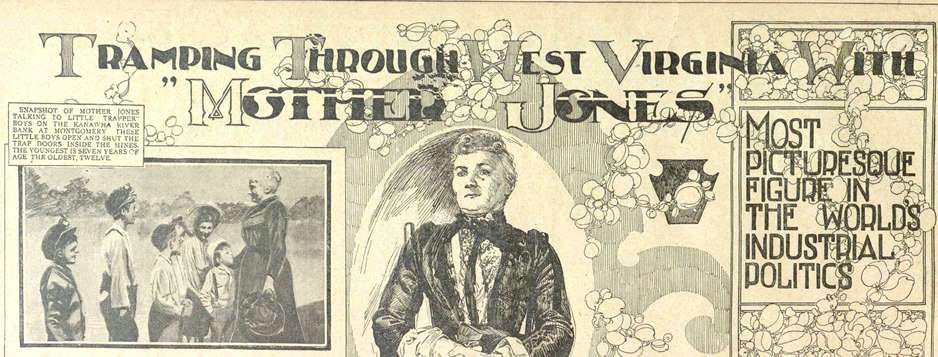The West Virginia education system is surprisingly flawed and definitely has some things that should be changed. Primarily, the information public schools teach about the state’s history neglects important events in our history that are essential to understanding the state’s rich past. Many things should be introduced to history classes across the state, such as the Mine Wars’ effect on labor laws, the importance of immigrants and former slaves in the state’s past, and the roles of women in rising up and supporting miners.
Many miners fought against mine guards during the Battle of Blair Mountain and other conflicts, leading to several miners and mine guards getting killed during the fights. They only eventually surrendered when the federal government got involved, and many of the strikers were arrested at the end of it. The reason they fought so desperately was to get things we take for granted for today, including the right to unionize, an eight-hour work day, and the ability to be paid in actual money rather than scrip. In the 1930s, West Virginia governor Homer Holt, when presented with the draft of a WPA book about West Virginia, blacked out all chapters and sections about labor history. I find it important to learn about what striking miners sacrificed for the chance at a better life.
The roles of women in the history of the state have also been largely left out of the history books. Their roles in mining towns and tent colonies, for example, were necessary to the community. Since the men in the towns would have to work in the mines for long, grueling hours, the women would often be the ones making food, taking care of kids, and cleaning. This was particularly difficult as coal dust was abundant everywhere. Not only that, but women like Mary Harris Jones (fig. 1) and Sarah Blizzard fought long and hard for workers’ rights during the Mine Wars by rallying workers, stopping trains, taking part in battle, and other things. They must be included when learning our state’s history, or else the story will be incomplete.
Immigrants and people of color, even though their roles should be studied when trying to understand our state’s important and complicated history, are also left out of West Virginia textbooks. Many immigrants coming from Europe in the late nineteenth and early twentieth centuries to the United States traveled here at the promise of a good job in the mines. Many former slaves also came here since miners tended to have a smaller pay gap across racial lines. Mine owners, however, kept immigrants, blacks, and people whose families had been living here for generations separate to discourage cooperation among the groups. During strikes and riots, however, that barrier was temporarily overcome by their collective need for better working conditions. This is why their experiences should be taught in history classes.
As you can see, the roles of various groups and events in West Virginia state history are extremely important, and they are often quite literally blacked out of the history books. I think these parts of history should be introduced into the state curriculum so they are not forgotten about or overlooked in the future. If the Mine Wars, along with the roles of women, immigrants, and people of color in it, were represented more in the state’s curriculum, then quality of the education system in the state would most likely improve quite a bit.
(fig. 1) Excerpt from newspaper describing her efforts with the union United Mine Workers of America.


Comments are closed.